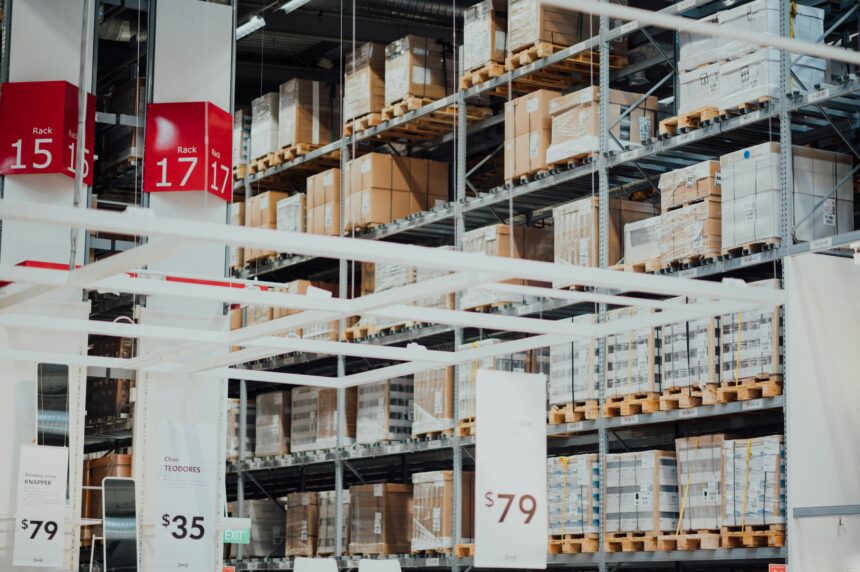Think of a WCS as a smart assistant for your warehouse that sends signals to all your devices in real-time. In other words, a warehouse control system helps manage and control how things work, from sorting items to moving them around with machines.
This basically means that with a good WCS, you can be positive that everything in your warehouse works together perfectly.
This not only helps your warehouse operate the way you want it to but also saves you tons of money. More efficiency means you can do more with less, and that leads to higher profits. With that being said, let’s go through a list of benefits of the introduction of a WCS to your warehouse.
Reduce Costs with WCS
Everyone involved in logistics knows that automating a warehouse can improve its efficiency and minimize errors in operational processes. However, not everyone is aware of the additional benefits that implementing a Warehouse Control System (WCS) in an already automated warehouse can offer.
How is that?
Simply, WCS improves the accuracy of operations in a warehouse setting. And the fewer errors occur, the more money you save.
Improved Efficiency
A WCS coordinates all automated devices within a warehouse, such as miniload systems, pallet stackers, sorters, and conveyors. By synchronizing the movements of these devices, a WCS makes sure that the operations are executed swiftly in real-time. This efficient coordination minimizes downtime and accelerates the throughput, leading to faster order processing and delivery.
Minimizing Errors
The primary function of a WCS is to orchestrate the operation of warehouse machinery, which helps introduce automation to a warehouse, hence minimizing human error and optimizing the machinery for highest efficiency. Automated systems are less prone to the mistakes that can occur with manual handling, thus improving overall accuracy in order fulfillment. This leads to higher customer satisfaction and fewer costs associated with returns and corrections.
Scalability
As your business grows, a reliable WCS can scale accordingly.This scalability feature is incredibly useful as it allows your warehouse to handle growth smoothly without sacrificing performance or customer service. One system will handle hundreds of automated machinery, letting you expand the use of automation without worrying about new IT solutions.
Integration with Higher-Level Systems
WCS can be integrated with other systems like Warehouse Management Systems (WMS), for example. This integration allows for a completely automated workflow from inventory management to order processing and shipping. By connecting these systems, a WCS helps in real-time inventory tracking and management. This way stock levels are maintained accurately, which reduces overstocking or stockouts.
Summing Up: How a Reliable WCS Can Bring You More Profit
Investing in a reliable Warehouse Control System can have a positive effect on your warehouse’s efficiency as it is designed to optimize the processes of automated machinery for the highest possible efficiency. By choosing a high-quality WCS, you’re setting your warehouse up for more productivity and higher profits. More orders filled with fewer expenses? That’s a direct route to boosting your profits. Investing in a trusted WCS pays off.


